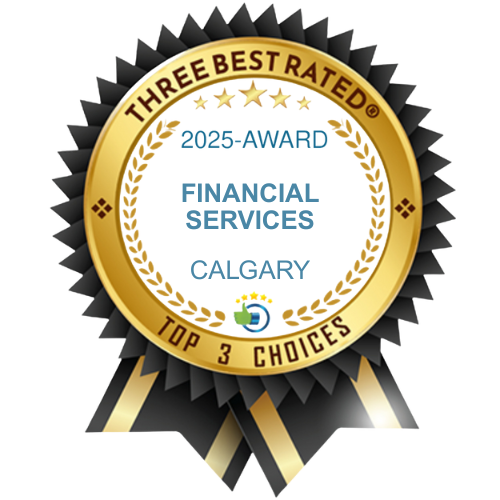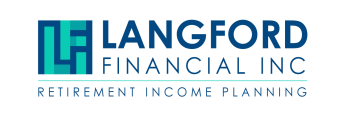Every day you are faced with another increase in the cost of living. Your natural reaction to inflation is to tighten and stop spending, but I don't think you have enough time to lose in life to always be waiting. Life is short. Retirement is about enjoying those years not counting beans and waiting for perfect conditions to leave the house and enjoy life.
What are some ways you can be more proactive in dealing with inflation?
1. Make more money. This is the obvious choice. Not easy for everyone, but still possible.
Take a part-time/casual job to generate some extra cash flow. Every business seems to be hiring right now which means you can probably work out a schedule that fits your lifestyle. If you are working, ask for a raise.
Start government benefits sooner. Your CPP and OAS are indexed to inflation and by taking them earlier, you can put less stress on your other savings like RRSPs and TFSAs.
If you are collecting OAS, keep your total income below $79,000 to avoid any clawback. You don't want to be making extra money on one hand and losing on the other.
Selling items you no longer use or need.
Make sure all of your money is working for you. There's no reason in the world to have any sitting cash making less than 1.75%.
2. Cut costs. This is the natural tendency of most of you, however, you don't want to cut so deep that you are no longer enjoying anything or going anywhere.
Travel during non-peak times. July 1st - Labour Day tends to be peak season, so if you can stay put during this time you will get some discounts. Have you ever considered travelling together with friends or family as a way to share travel expenses?
Grocery shopping. Stock up on essentials by shopping the flyers, 15% off on the first Tuesday of the month, or buy in bulk.
Pre-plan your outings. Rather than jumping in the car several times a day, why not plan out your trip so that you can accomplish several things on a single route and avoid zig-zagging around or backtracking. Also, there are times you can walk or bike to get what you need.
Switch to a more fuel-efficient vehicle.
Golfing mid-week always offers the best deals, and you'll save even more if you go before 8 am or after 4 pm.
3. Live debt-free. Interest costs are now eating into your lifestyle, so if you are carrying a balance on a line of credit you should lock it in at a fixed rate or consider paying it off altogether.
Review all of the expenses you pay. Home, auto, and life insurance offer a discount if you pay annually instead of monthly. It's usually about 7%, so that's like getting a 7% return on your money. Areas where Canadians get ripped off the most: Bank fees, credit cards, mobile phones, internet, cable, and taxes.
4. Downsize to a more affordable home.

There can be numerous cost savings by occupying a smaller living space. Taxes, utilities, and upkeep. Also, you can be freeing up equity to put towards lifestyle joys.
5. Wait to make any bigger purchases. The pandemic has created all kinds of supply chain issues, which have resulted in increased costs for everything. Demand is high while supply is low. If you are in the market for a higher-price item, in all likelihood the supply issues will get resolved sooner than later and at that point prices will come down. If a recession does take place in the next 6-12 months you can be assured that there will be more supply than demand, and at that point, prices will be lower. Be patient.
Are you spending money on the most important things in your life or are you spending more on all of the joy-suckers? Take control and don't let inflation - the silent killer - steal your joy.
We offer fee-only retirement income, investment, and tax planning to Canadians over age 55.
Learn more about our services for those 55+
Retirement Income, Investment, & Tax Planners,
Willis J Langford BA, MA, CFP
Nancy R Langford CRS







